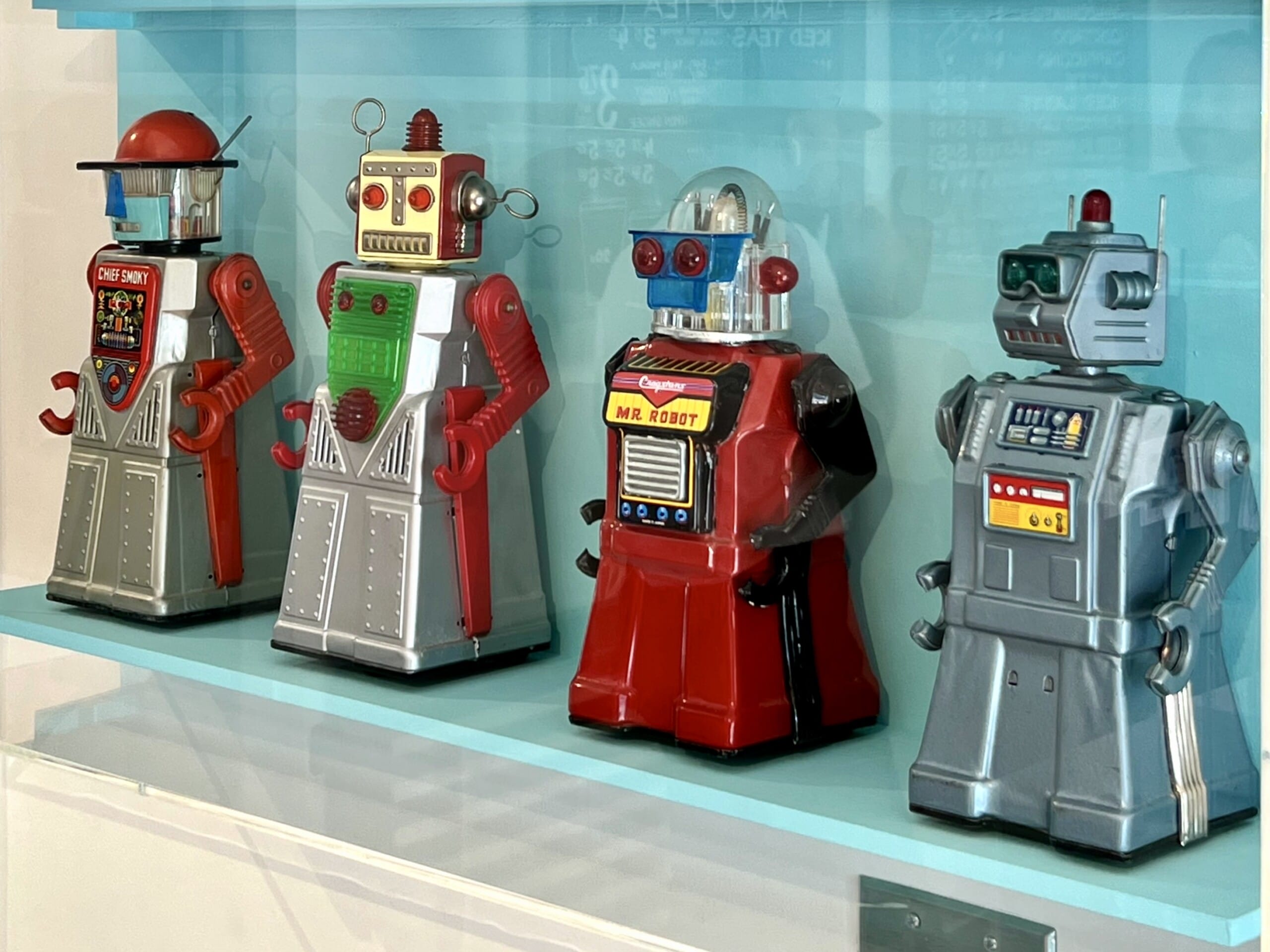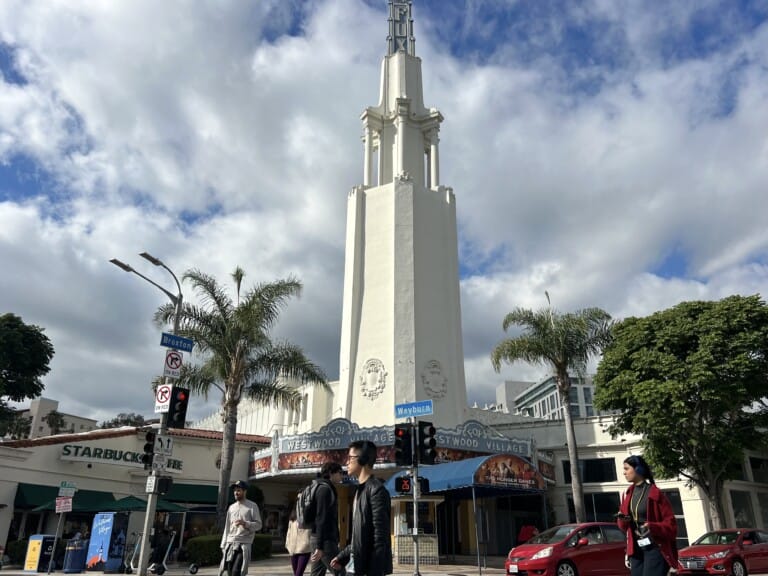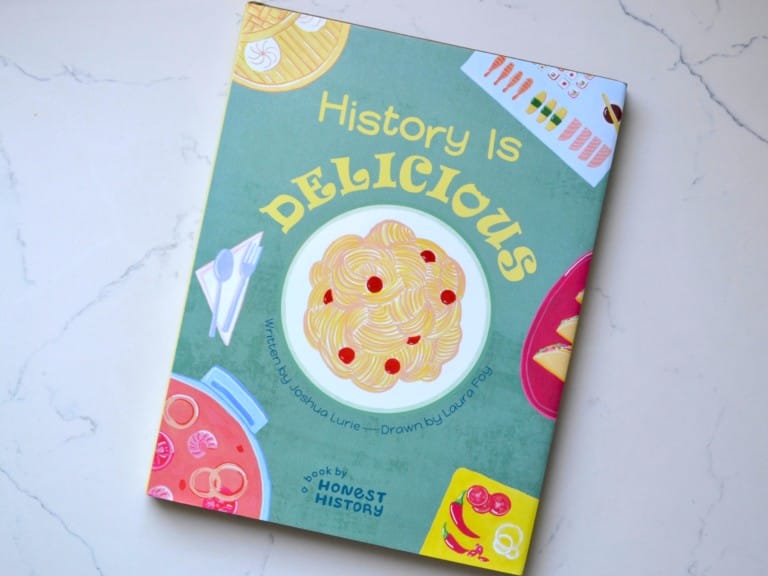Artificial Intelligence doesn’t have five senses. Computers can’t convey how foods and drinks taste and smell…yet. Programs just regurgitate ideas that exist online and (sometimes) piece together and provide relevant information. AI isn’t forming truly original thoughts, and humans still have a monopoly on feelings and emotions. At the very least, we could be looking at a calculator for words that helps us instantaneously form a thought we already had in mind. In the near future, AI’s verbal dexterity and “mental” acuity may also improve enough to make certain types of writing obsolete for humans. However, the current AI landscape is encouraging for writers like me. Food writers who eat at restaurants or music writers who cover concerts, for instance, can attend and capture experiences in ways that may never be possible for AI to approximate.
Once AI learns how to ask the right questions, computers will probably be able to interview people, research different subjects and assemble good straightforward news stories using fresh information and quotes. Still, it will likely take many generations before AI can provide compelling context, analysis and commentary. It should be awhile before AI tackles Op-Eds for The Los Angeles Times on topics like the homeless crisis or climate change. Humans will also have two legs up on AI when it comes to imagination and being able to surprise readers with character development or story turns that play against type or defy expectations.
Of course, current technological limitations haven’t stopped some publications from using AI to “craft” stories. In a 2019 New York Times story about “robot reporters,” companies like Bloomberg, Forbes and The Washington Post were employing “tools” with names like Cyborg, Bertie and Heliograf to generate content. As Wired reported, “CNET Published AI-Generated Stories” that were “riddled with errors” and “plagiarized.” Unsurprisingly, this content didn’t thrill the website’s writers. Then editor-in-chief Connie Guglielmo’s defense: “AI engines, like humans, make mistakes.” Also, AI frees up writers to focus on other matters. I’m not buying that argument. More likely, shortcuts like AI just allow companies like CNET to justify employing fewer writers.
As part of my repertoire, I frequently write guides that spotlight specific geographic areas, dishes and drinks. AI isn’t making in-person visits to distant parts of the world (some of which don’t even have WiFi or cell service) to try food and interview the people behind it. I pride myself on taking a more rigorous approach and know other writers who still go the distance. ChatGPT and their rivals at Amazon, Google and Microsoft can harvest and spit out recommendations for places to eat in Paris or Toronto based on existing content. Some readers may not see the difference between “experts” and AI’s bogus, outdated and misguided recommendations. As long as editors and publications believe in an approach that values personal curation and an ability to put each place or food into proper context – we’ll see – food writing is safe. Devalued, but it should persist. So should other types of food writing like recipe development and profiles.
AI has been one of the key issues at the heart of the recent WGA strike and ongoing SAG/AFTRA strike, which persevered as the Alliance of Motion Picture and Television Producers (AMPTP) doubled and tripled down on their stances. Actors are concerned that studios will simply replicate their likenesses and voices to produce new computer generated movies and TV shows. Writers also are concerned that studios will discharge thrillers, sci-fi, superhero epics and rom-coms using AI understanding of genre storytelling. As the technology improves, these engineered stories may be able to accomplish what a middling writer can achieve. Hopefully skilled writers will still be able to make us feel emotions when watching or reading in ways that computers cannot.
At this stage, AI’s available pool of existing material isn’t as deep as many people believe. After all, studios don’t have rights to use much of the world’s writing. In a recent AI discussion on the “Smartless” podcast, tech thought leader Kara Swisher cleared up some misconceptions for the proudly clueless hosts and listeners. Will Arnett says, “The entire model is built on information that was not created by them.” Kara Swisher points out, “YouTube pays licensing fees…they can’t just grab anything… Luckily, a lot of the media companies and publishers do understand this, early, and they’re not going to be able to grab a lot of copyrighted content very easily.”
NPR’s “Fresh Air” recently asked New York Times technology Cade Metz, “Could Artificial Intelligence Destroy Humanity?” This episode opened with a clip from “2001: A Space Odyssey” where HAL locks Dave out of the Discover One spacecraft, a chilling scene from Stanley Kubrick’s legendary and increasingly relevant movie. This conversation of course had me contemplating whether robots will replace us. At this point, I’m not worried about AI’s ability to conquer humankind. We have more immediate existential threats. Hell, computer programs aren’t even capable of reliably transcribing interviews. Now that’s a writer’s tool I’ll gladly take.









Leave a Comment